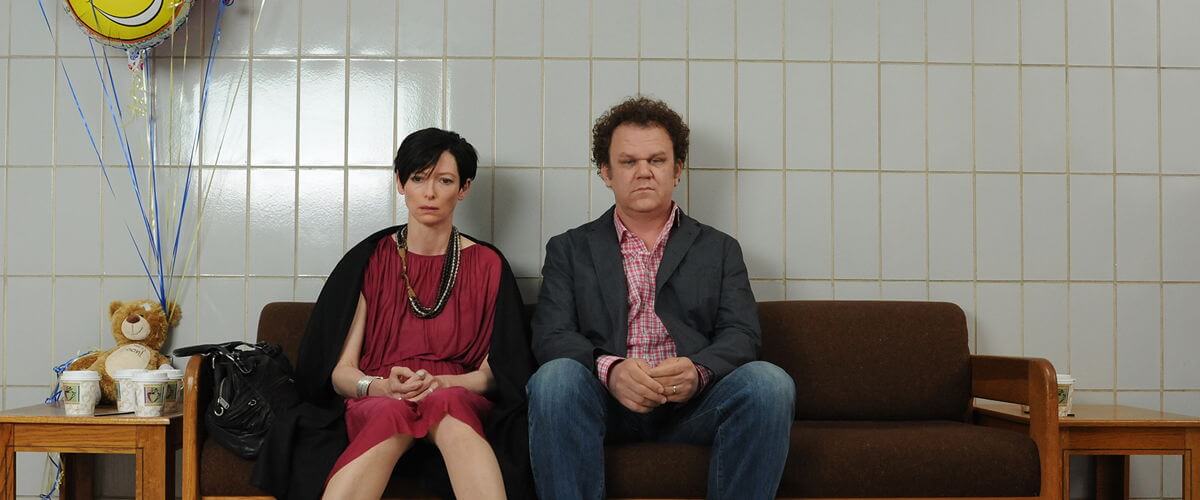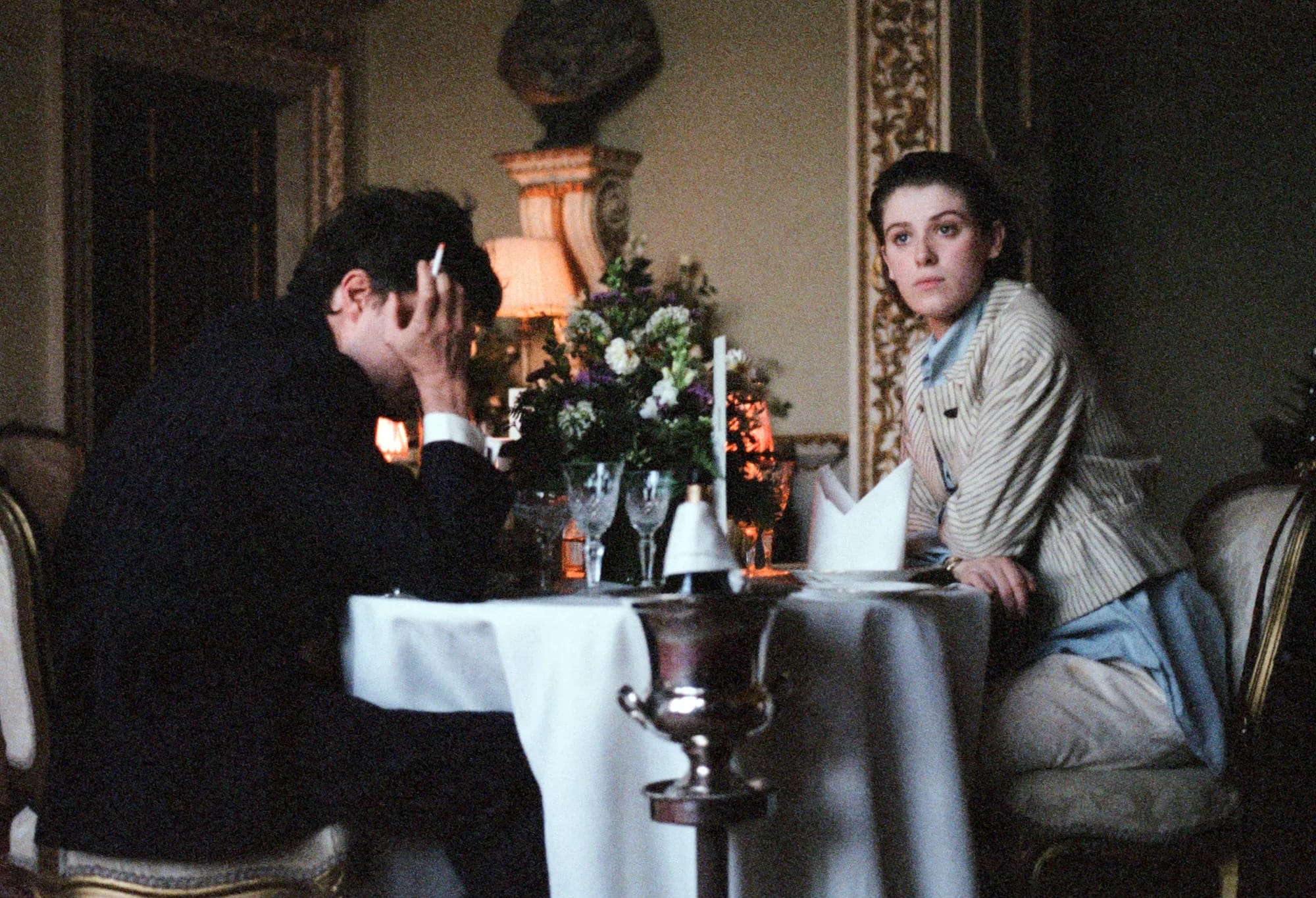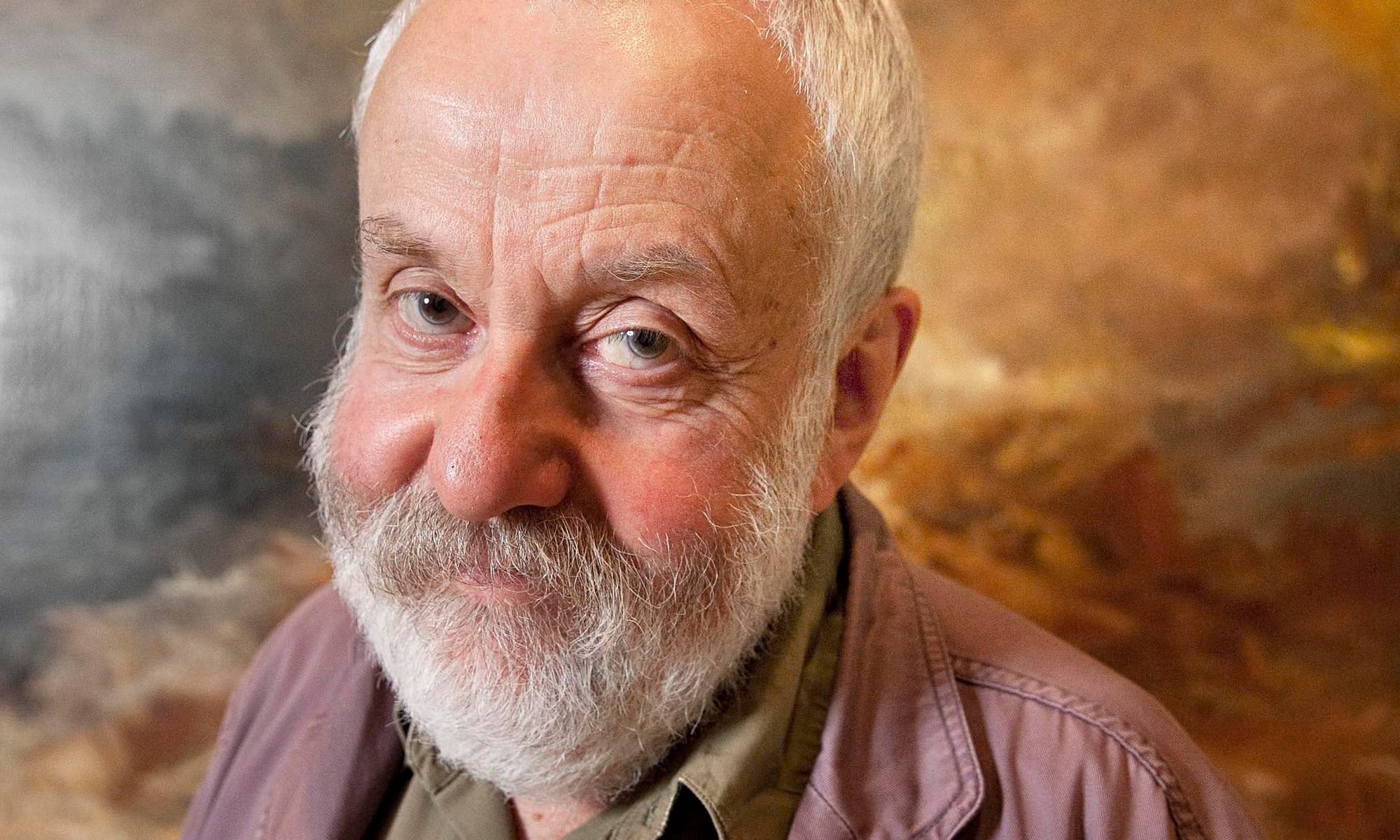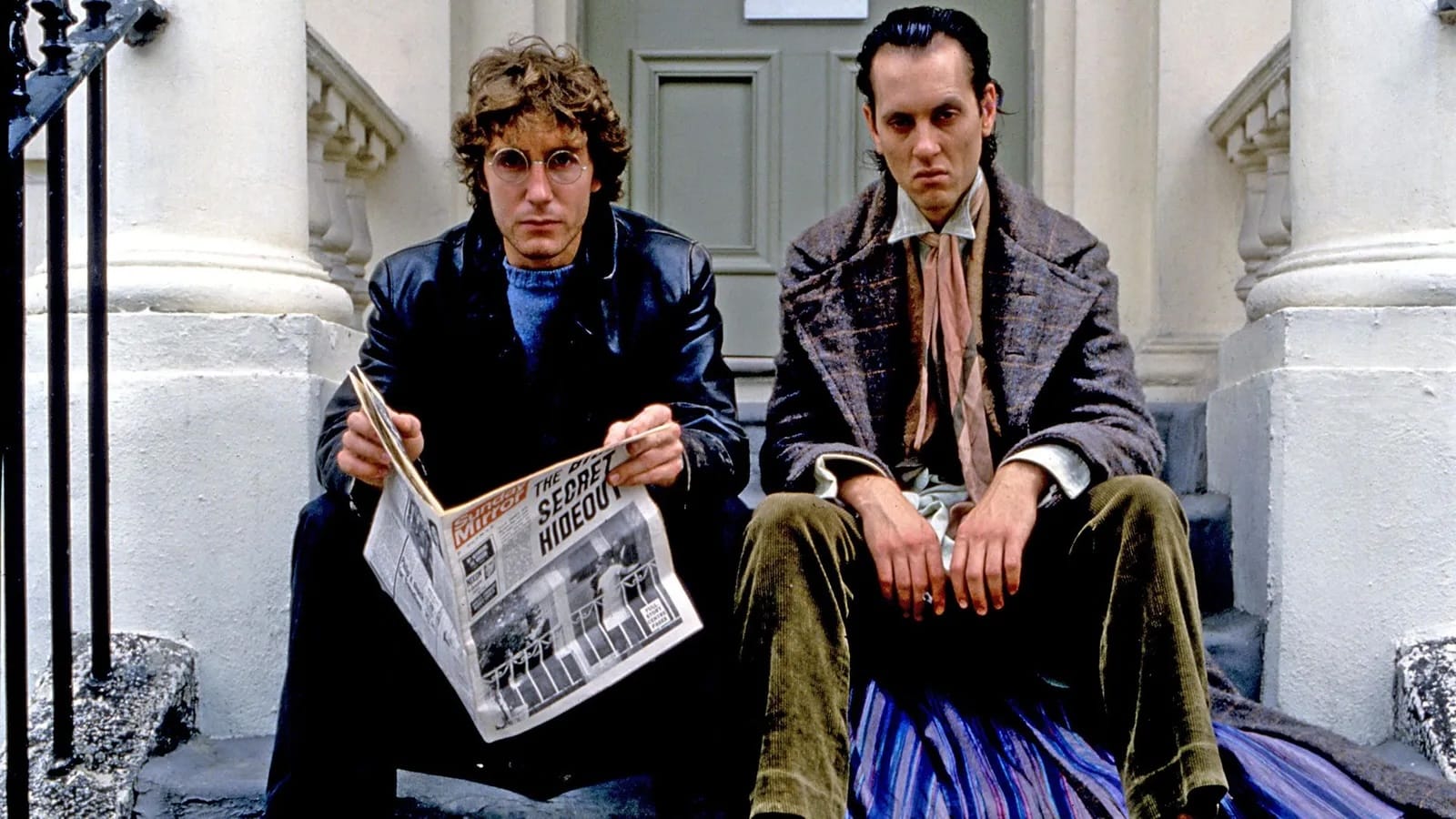The paradox of originality: How great actors inspire through authenticity

It’s one of life’s little ironies that the more someone insists they are original, the more they seem exactly like everyone else who’s trying to be original. In acting, as in most of the arts, the pursuit of originality can lead to performances so desperate to be different that they end up feeling oddly familiar, like a magician who keeps pulling doves out of his sleeve, thinking the audience won’t notice the trick has been done before. Great actors know this. The best performances aren’t built on grand claims of reinvention, but on something far simpler: the ability to connect truthfully with a character.
Nothing is as unoriginal as claiming to be original. It’s a phrase worth repeating, especially when watching an actor straining to reinvent Hamlet by whispering every line as if they’re on their deathbed or turning Lady Macbeth into a misunderstood social climber. The great ones don’t fall into this trap. They understand that the only real way to be fresh is to be honest. And honesty, in acting, has little to do with being different for the sake of it and everything to do with making an audience believe they are seeing something true.
Take Tom Burke, an actor who doesn’t announce himself with showy performances but instead disappears into his roles so completely that you almost forget you’ve seen him before. In The Souvenir, he plays an older, charismatic but deeply troubled man in a relationship with an insecure film student. The part could have been played as a broad villain or a tortured anti-hero. Instead, Burke makes him something more complicated—charming but manipulative, magnetic but weak. There’s no grandstanding, no attempt to make the character “his own”. He simply inhabits the role, letting its truth come through.

If actors like Burke understand the importance of sincerity, it’s because they also understand the necessity of empathy. The best actors aren’t concerned with standing out but with stepping inside. They slip into the skins of their characters, and show us what makes a person tick. This is why actors who have lived a little, who have paid attention to the world, tend to be the most compelling.
This is also why Mike Leigh’s actors are often so extraordinary. Leigh doesn’t hand out scripts but builds his films through months of improvisation, allowing the actors to develop their characters from the inside out. The result is performances that feel lived-in rather than performed, as though the actors aren’t so much acting as being. When Lesley Manville plays a woman worn down by years of bad luck in Another Year, it doesn’t feel like a performance at all—it feels like someone you might have sat next to on the bus last week.

This kind of work isn’t easy. It requires actors to be open, to be willing to expose themselves in ways that can be deeply uncomfortable. Vulnerability is an overused word in discussions about acting, usually thrown around as a synonym for weeping on cue, but real vulnerability is something else entirely. It’s what happens when an actor lets go of the need to control how they are perceived and allows the performance to be raw, even ugly. It’s why certain actors linger in the mind long after a performance is over.
The best performances are often the result of collaboration, not just with directors but with co-stars who bring out something new in each other. It’s one of the reasons why some of the most memorable performances in cinema history have come from actors bouncing off one another. Think of the electric tension between Richard E. Grant and Paul McGann in Withnail & I, or the perfectly pitched mother-son dynamic between Tilda Swinton and Ezra Miller in We Need to Talk About Kevin. These aren’t performances built on grand reinventions; they are built on trust, between actors, between actors and directors, and ultimately, between actors and their audience.

That, in the end, is the key. Audiences can always tell when a performance is reaching too hard for novelty. There is a reason why certain actors endure while others, for all their early promise, fade into the background.
Authenticity, not novelty, is what separates great acting from mere performance. It’s not about coming up with something the world has never seen before, but about showing something real—something that, even if we have seen it before, we feel we are seeing for the first time. That’s the trick. And, unlike the magician with the doves, the best actors know how to pull it off without ever letting you see the strings.
